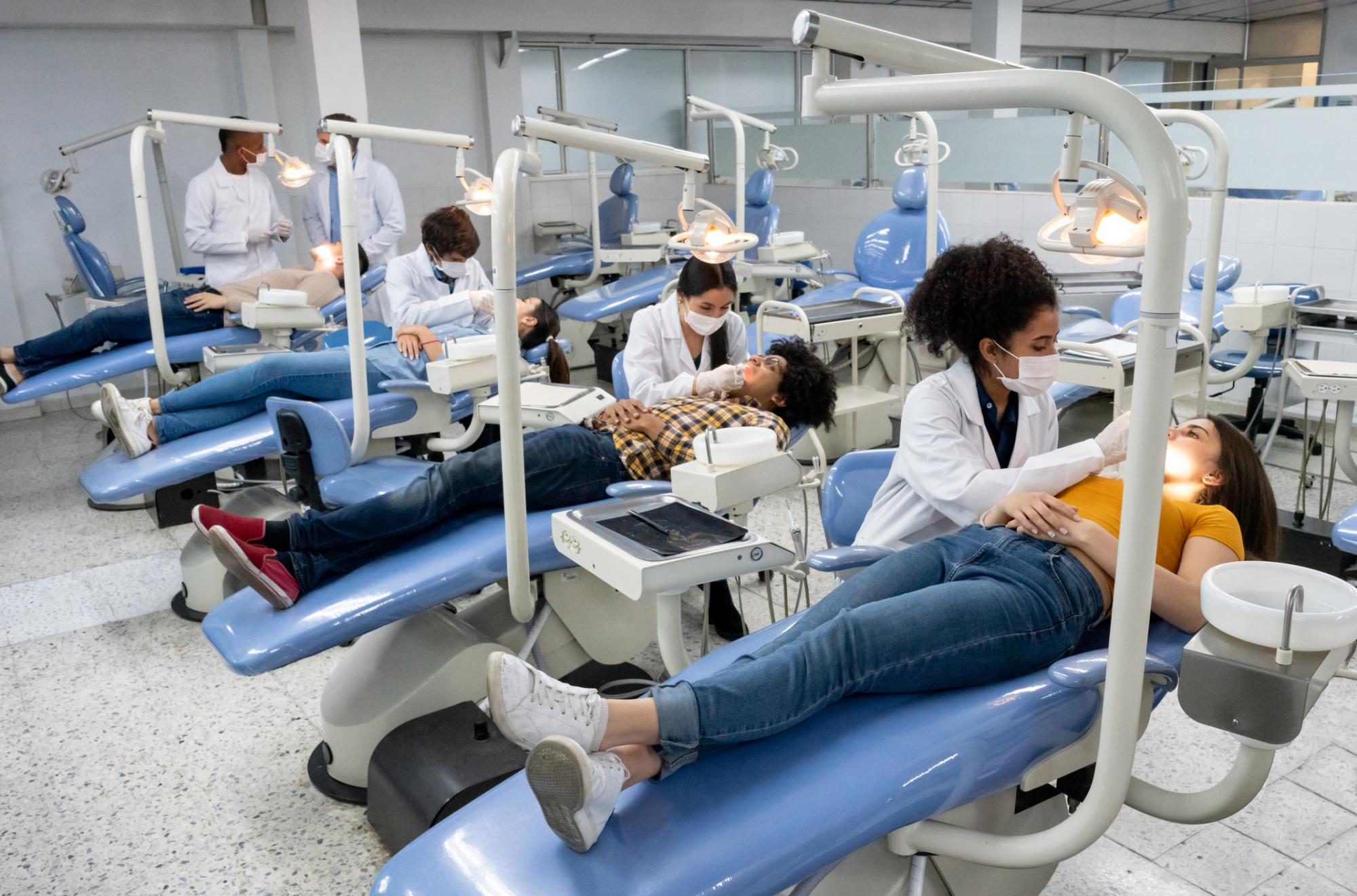Situation
Research shows a connection between oral health and overall wellness. To improve access to oral health care, more than 78 percent of Massachusetts Community Health Centers (CHCs) offer direct dental services at approximately 58 state-wide locations. Adequate staffing and expertise are critical to providing care. However, little is known about the recruitment and retention of the vitally important dental workforce.
Challenges
The Massachusetts League of Community Health Centers has a mission to support its 50 CHC members in achieving their goals of accessible, quality, comprehensive, and community-responsive health care. Acknowledging a recent trend in dental staff turnover at CHCs, the League wished to enhance its understanding of the dental workforce and identify potential recruitment and retention strategies to help support quality oral health care delivery.
Solutions
Commonwealth Medicine designed and implemented a survey in 2018 to understand the motivators and barriers that influence the recruitment and retention of the dental workforce at CHCs.
We surveyed the full spectrum of dental health professionals – including dentists, limited-license dentists, dental hygienists, and dental assistants – from 34 CHCs in Massachusetts. Survey topics included:
- Professional training and experience
- Motivators to work in a CHC
- Experience and satisfaction with various attributes of working at a CHC
- Perceptions of supervision
- Compensation and benefits
- Plans for the future
Results
- The survey achieved a high response rate of 58 percent, yielding reliable data and rich insights into the motivators and barriers for the dental workforce to working at CHCs.
- As a result of the survey findings, CHCs have a better understanding of attracting and retaining talent for each position in the dental workforce.
- Commonwealth Medicine presented the survey results at the Massachusetts League of Community Health Centers Dental Directors meeting and at the 2018 annual conference of the Association of Clinicians for the Underserved (ACU).

